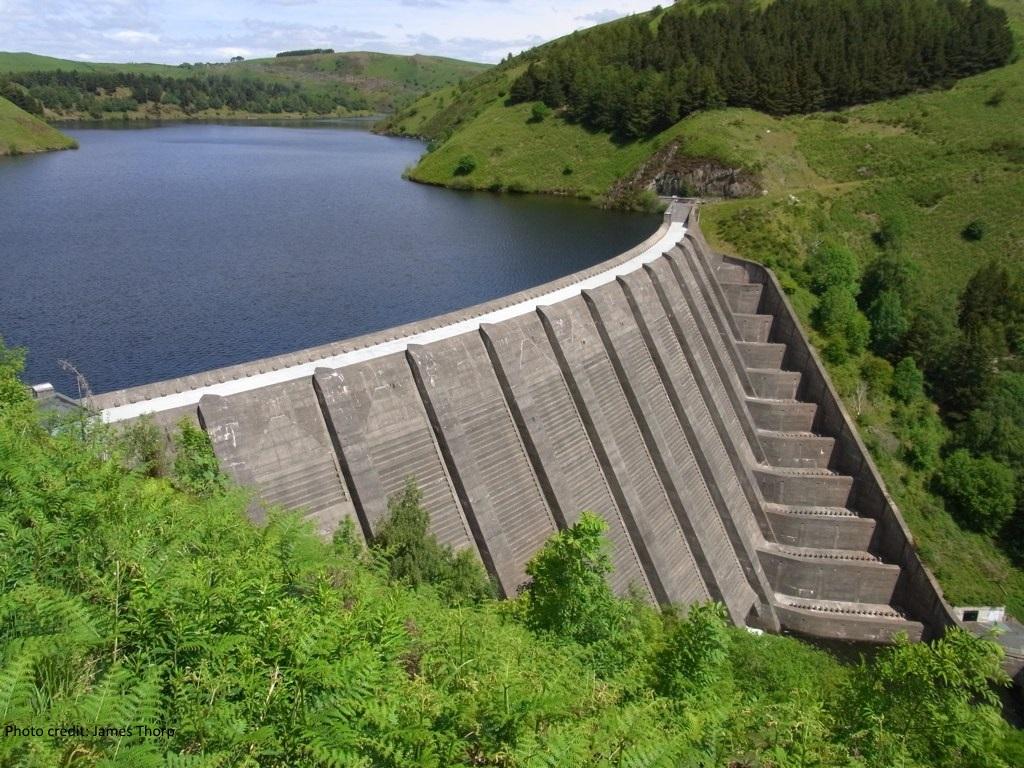
Flood proofing, water supply/treatment/sanitation networks, land remediation, pollution control.
Theme 7: Water and Waste Research Projects
|
Project Title |
Rainfall-runoff processes in urban environments |
|
Primary Theme |
Water and Waste |
|
Secondary Themes |
Sustainability and Urbanisation |
|
Project Summary |
The world is experiencing rapid urbanisation, but many cities are vulnerable to flooding during heavy rainfall. In developing countries, floods not only cause inundation of land and buildings, but also are accompanied by water pollution and land contamination. With increasingly-concentrated people and wealth in cities and progressively unpredictable weather, urban flooding is set to cause more damage in future. By seeking the good practices in flood risk management, we can contribute to the social welfare enhancement and sustainable economic development. The project aims to improve our understanding of the rainfall-runoff processes in urban environments, improve understanding of the diffuse pollutant transport processes in urban environment and establishing the relationships between the building/street layouts and flood risk.
|
|
Project Title |
Influence of porous media on flood propagation and coastal dynamics |
|
Primary Theme |
Water and Waste |
|
Secondary Themes |
Infrastructure resilience against natural hazards |
|
Project Summary |
Rapid floods and storm surges are becoming more and more frequent. Most of the current studies treat the ground and coastline as solid boundaries to the flow. However, the ground and coastline are often porous, which may be caused by the highly-permeable sandy beach or by the mangrove forests and other coastal vegetation. The project objectives are to find out how the flood propagation speed and water depth are influenced by land vegetation cover and how the wave runup height is influenced by ground permeability and coastal plants.
|
|
Project Title |
Sustainable land remediation |
|
Primary Theme |
Water and Waste |
|
Secondary Themes |
Sustainability and Urbanisation, Asset Management |
|
Project Summary |
Land and groundwater contamination is a global problem and it is particularly pressing in the developing world. ‘Death villages’ in China stand witness to the devastation that can be caused as a result. Significant land contamination arises as a result of the waste generated by mining and industrial processes, which is usually stockpiled. The recent catastrophic failure of the Bento Rodrigues mine tailings in Brazil which led to loss of life and environmental devastation is a shocking reminder of the magnitude of the waste problem. The concept of this project is to use waste as a resource for land remediation. Over the past 3 decades significant advances have been made in the Western world in land remediation with a recent focus on sustainability. In-situ land remediation with industrial by-products and waste-based binders has emerged as a versatile strategy with significant economic, environmental and social benefits. Such strategy is ideal for technology transfer to the developing world where there are significant volumes of waste (both mineral and organic) that would be ideal for use as a resource for land treatment and regeneration. In addition, the in-situ application using augers commercially used in construction everywhere adds to the attractiveness of the concept and ease of adoption. The project will focus on suitable waste streams particularly prevalent in developing countries and build on relevant experiences developed in the UK. Large scale field trials were conducted in the UK in 2011 to test a large number of such binders and performance of the treated ground will form part of the project. |

